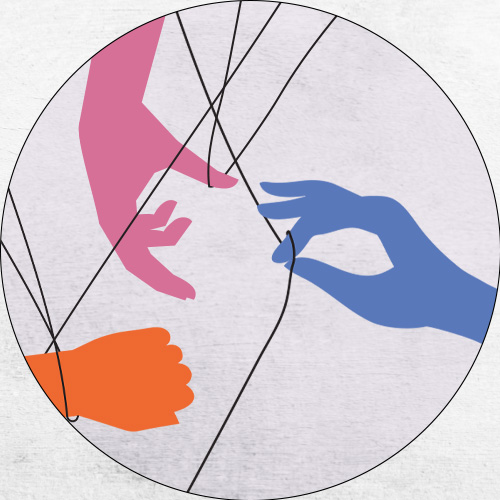For Granted: Chapter 60
| September 24, 2024Rebbetzin Greenblatt smiled. “Who am I to give marriage advice to the popular marriage mentoring guru herself?”

“Dini! She wants to pay by check. Do we do that?”
“Dini, how in the world do you pronounce this name?”
“OMG! This lady I just spoke to said she’ll donate $5,000 to buy a defibrillator!”
Dini, moving between tables in the noisy, pulsating call center, paused at Penina’s shriek and raised an eyebrow. “Um, sounds like she got confused. Did you by any chance tell her you’re calling from Hatzalah?”
“No!” Penina was indignant. “But, you know, $5,000! Maybe we should buy a defibrillator?”
Dini laughed and patted Penina on the shoulder, thinking quickly. “Call her back and ask if she’d be willing to put the money toward a vehicle to transport medical liaisons to the hospital quickly in emergencies.” Her lips quirked. “Ayala needs a car badly.”
Catching sight of Rebbetzin Greenblatt, she hurried toward her.
“Thanks so much for coming!” she said, grasping her mentor’s hand. “The girls have been working all afternoon. It’s the perfect time for a break. Oh, and here comes dinner!” She waved the delivery man over to the buffet table on the side of the shul hall and turned back to the rebbetzin, eyes twinkling. “You’re gonna tell me I shouldn’t be keeping these newlyweds away from their husbands at dinnertime, but I’ve selfishly decided that my fundraising campaign comes first!”
Rebbetzin Greenblatt smiled. “Who am I to give marriage advice to the popular marriage mentoring guru herself?”
Dini made a face and swatted her hand in the air. “Ha, mentoring imposter, you mean.” Her eyes swept the crowd distractedly. The tables in the room were filled with her volunteers, who were busily speaking on phones or typing on tablets or laughing with the girls around them. It was an electric scene, and Dini was loving every minute of it. “Isn’t this awesome?” she couldn’t help exclaim.
The rebbetzin laughed. “Not too many people would use that word to describe fundraising.” She looked at Dini. “You’ve found your calling.”
Oops! We could not locate your form.



